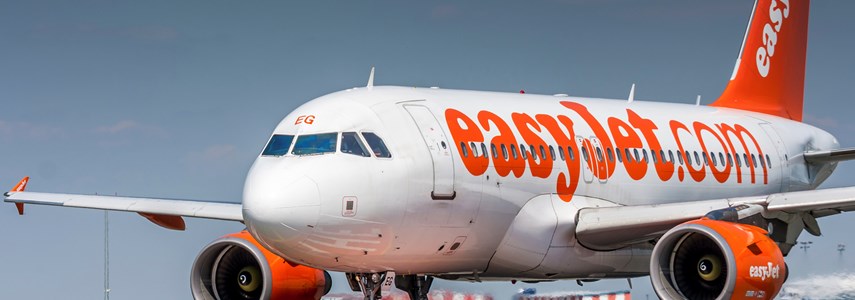easyJet breastfeeding ruling is human rights victory for working women (unitelegalservices.org)
November 1, 2016
 A landmark victory for two easyJet cabin crew will have wide implications for working women wishing to continue breastfeeding after their maternity leave ends, Unite, the country’s largest union, has said.
A landmark victory for two easyJet cabin crew will have wide implications for working women wishing to continue breastfeeding after their maternity leave ends, Unite, the country’s largest union, has said.
With the support of Unite Legal Services, two members of easyJet’s Bristol based cabin crew, Sara Ambacher and Cynthia McFarlane, mothers of baby boys Sydney and Eli, took the low-cost airline to an employment tribunal claiming that easyJet’s failure to limit their duty days to 8 hours to allow them to express milk or to offer them ground duties whilst they continued to breastfeed was discriminatory.
Yesterday (Thursday 29 September) the employment tribunal in Bristol agreed, ruling that easyJet’s failure to facilitate the mothers amounted to indirect sex discrimination and breached the Employment Rights Act under which the airline should have reduced the breastfeeding mothers’ hours, found them alternative duties or suspended them on full pay.
Sara and Cynthia knew they weren’t permitted to ‘express’ during a flight and so, on the recommendation of their GPs, they asked easyJet to roster them for a maximum of eight hours to enable them to express their milk either side of the shift.
easyJet turned down their request on health and safety grounds “primarily for their own safety” citing unforeseen delays as potentially resulting in them working beyond the eight hours.
The union says that curiously, the airline’s solution was to offer Sara and Cynthia standard, unrestricted duty days of 12 hours which, evidently, would have significantly increased the risk of mastitis and painful, engorged breasts.
Although in their training literature easyJet recognises breastfeeding as being a ‘globally recognised human right’ where passengers are concerned, their position did not extend to its cabin crew.
The airline disregarded the advice of four GPs; failed to carry out their own risk assessments despite having a dedicated health and safety team, and failed to send the women to be assessed by occupational health.
Instead, managers admit to Googling ‘breastfeeding risks’ on the internet before coming up with a series of unworkable ‘solutions’ each of which involved Sara and Cynthia suffering a significant detriment.
Following a number of grievances and the legal case being lodged by Unite Legal Services, easyJet agreed that the Unite members could do ground duties for six months. They were unwilling to extend the time period because they considered that the women’s wish to continue breastfeeding was ‘a choice’. The union contends that in offering no solutions beyond those six months, the airline was essentially making the choice for them.
The tribunal agreed, ruling that it was discriminatory to attempt to limit the time period during which the mothers could continue to breastfeed.
Unite legal officer, Nicky Marcus, said: “We are delighted with employment judge R. Harper’s ruling. It is a ground-breaking victory which has wider implications for all working women, particularly those in atypical workplaces like cabin crew.
“The days of ‘I’m going back to work so I will have to give up breastfeeding’ are over. Unite has tens of thousands of female cabin crew members across the major airlines and we will be working with those airlines to ensure that they adopt policies and practices that reflect this ruling.”
Unite director of legal services, Howard Beckett, said: “This is another victory for Unite Legal Services. We continue to show we will fight the major battles for our members – industrially, politically and in the courts.
“This victory comes on the back of the Unite holiday pay case, Unite ensuring members rights are protected in the workplace.”
Tags: breastfeeding, cabin crew, easyjet, Unite, women
